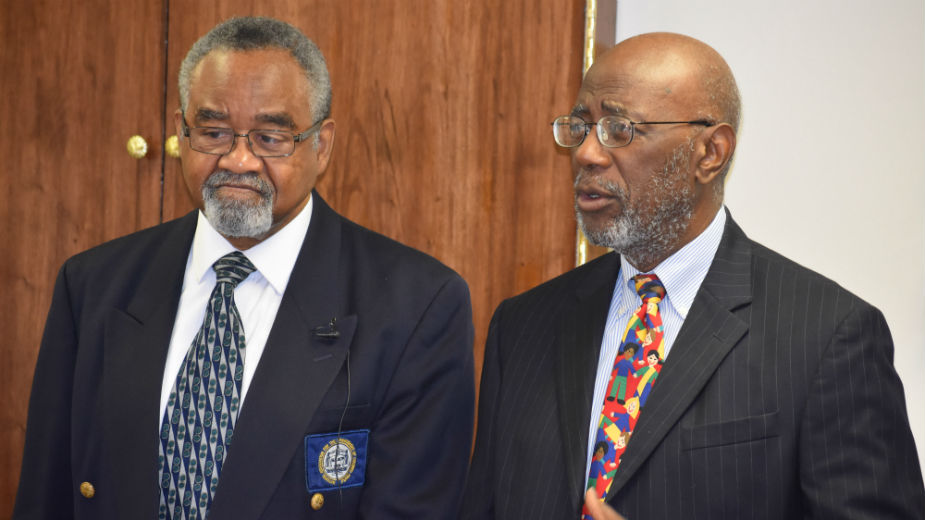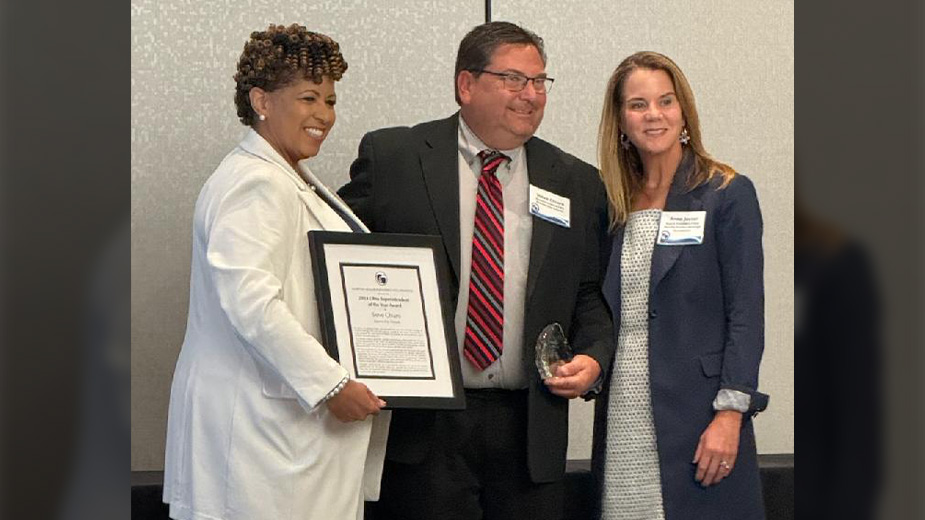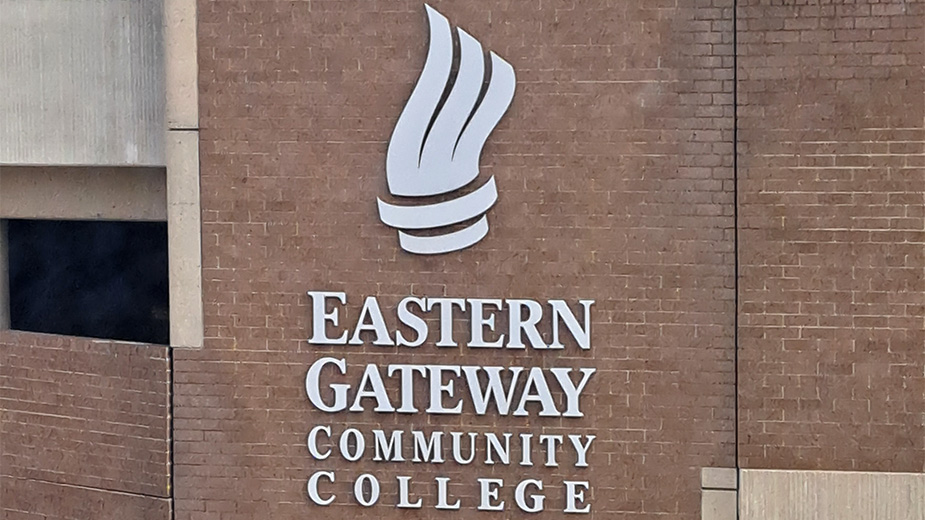NAACP Pushes State for Progress in City Schools
YOUNGSTOWN, Ohio – Leaders of the NAACP Youngstown/Mahoning County Branch are pushing state officials to ensure all school contracts — especially for teachers and administrators — include academic performance and outcome standards that must be met.
George Freeman Jr. and Jimma McWilson, president and vice president, of the NAACP chapter, were among five Ohio NAACP officials who met with Paolo DeMaria, state superintendent of public instruction, and his deputy, John Richard, April 13 in Columbus. The chapter also sent the district supplemental materials subsequent to that meeting.
They discussed the meeting Tuesday during a news conference at the chapter’s offices.
During a 20-year period, $2.5 billion has been spent on public instruction in the district. “African-American students are still rated ‘F,’ regardless of who’s in charge,” Freeman said.
That poor academic performance has persisted, whether under local control or oversight of a state Academic Distress Commission. Under House Bill 70, signed into law in 2015, Krish Mohip became the state-appointed CEO to operate the Youngstown City Schools.
“We don’t necessarily agree with the way the governor set up this takeover. But now that it is done, we are trying to work with the powers-that-be,” Freeman said.
The NCAAP leader said he would work with new commission members, once they are appointed. Three members of the commission resigned in March — Brian Benyo, president of Brilex Industries, Jennifer Roller, executive director of The Raymond John Wean Foundation, and Barbara Brothers, retired dean of the College of Liberal Arts and Social Sciences at Youngstown State University.
The state superintendent is responsible for choosing most the members of the Academic Distress Commission that oversees the district and provides 70% of its funding, said McWilson co-chairman of the Ohio NAACP’s state task force on the Every Student Succeeds Act and preventing state takeovers.
“It has the power,” he said. “The issue is does it have the will to use the power to get the job done?”
DeMaria has the authority to take three direct actions under H.B. 70, the NAACP leaders said:
- Address racial bias and low expectations.
- Add curriculum performance and outcomes aligned to state standards to all contracts, especially teaching and administrative contracts, and to ensure that those who are evaluated are working in their certified fields and are receiving the human, professional development and other resources required to deliver equitable services to all the district’s students.
- Ensure the state uses all of its “power structures” to ensure that “equitable and qualitative instructions are used to educate all children, especially blacks and “other disadvantaged” children in the state.
“The sole purpose of school is to deliver quality education to every child, regardless of race. That is not happening,” McWilson said.
The Youngstown district was warned about a decade ago that it could be taken over by the state, but did not “step up [its] game,” he said.
The district contract is 221 pages long, but does not state anything about performance or outcomes, Freeman said.
“There’s nothing mentioned in those 221 pages that says that teachers have to perform at a certain level. Unless someone is holding them responsible for performing at a certain level, we will be where we are and have been for the last 20 years,” Freeman said.
Although Youngstown has a high poverty rate, poverty can’t be used as an excuse, McWilson said. The district receives $2,000 to $3,000 more per pupil than many systems in the state, and certainly more than any district in the Mahoning Valley, he said. Under the federal Title I program, the district has received more than $50 million to address minority and disadvantaged students, he said.
“The money’s there. It may be how they spend the money and how they prioritize the money, but the ball game is the money is there,” he said.
The Youngstown district is working on making improvements in the areas specified by the NAACP leaders, district spokeswoman Denise Dick said.
“We already have brought in national assessments to help make these decisions about instruction and we have begun restructuring evaluation systems,” she said.
Pictured: George Freeman Jr. (left) and Jimma McWilson.
Copyright 2024 The Business Journal, Youngstown, Ohio.



